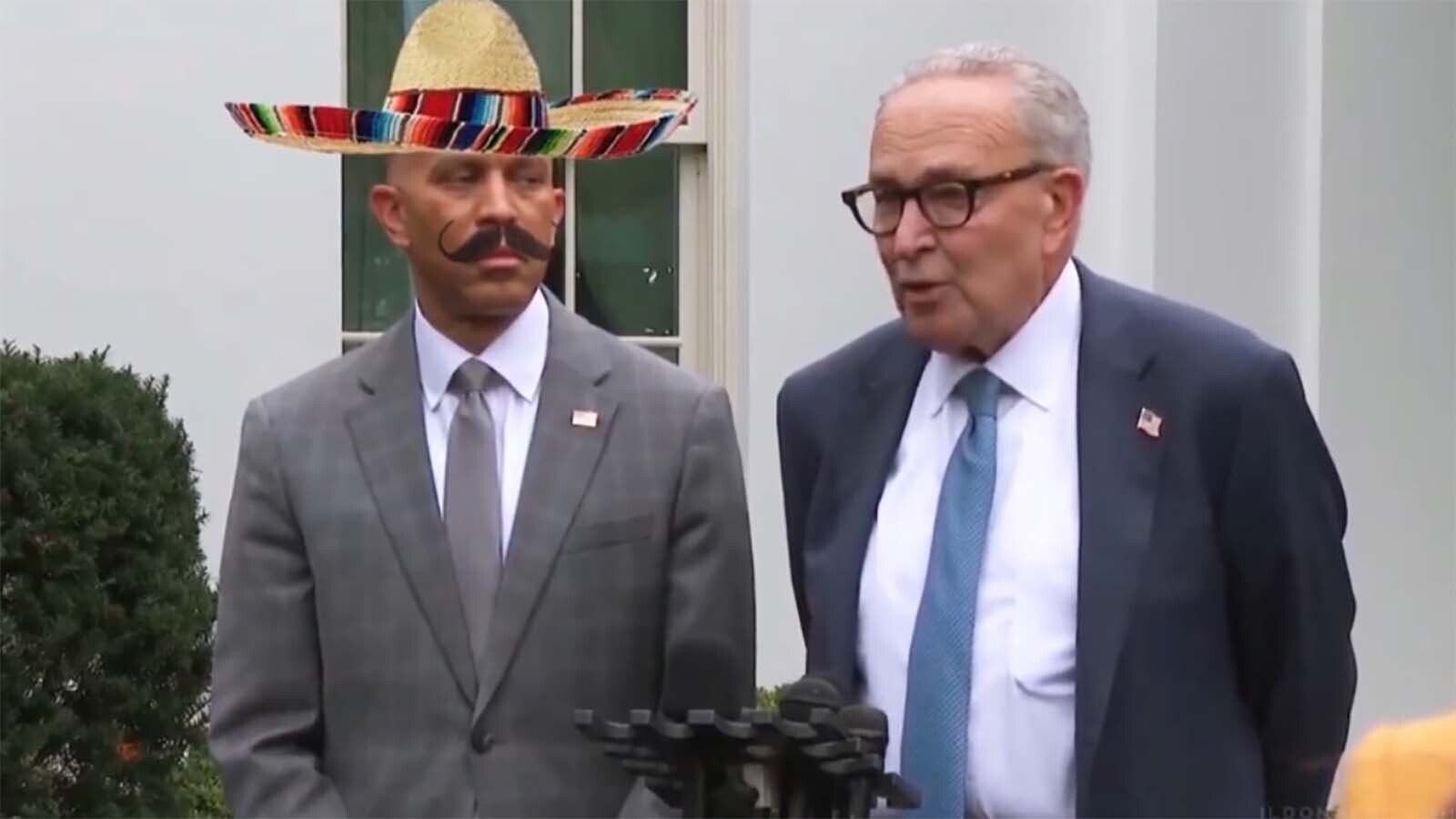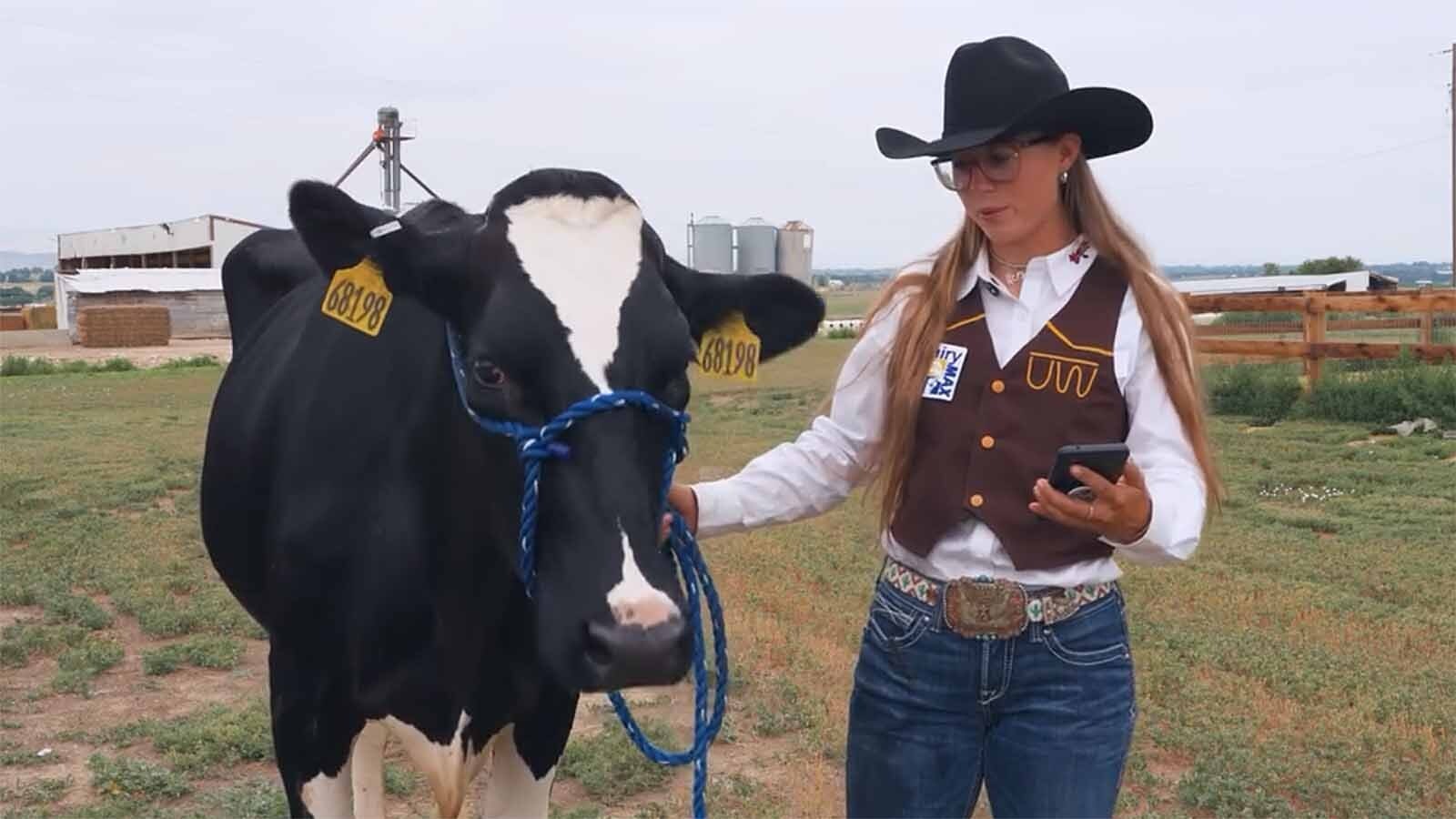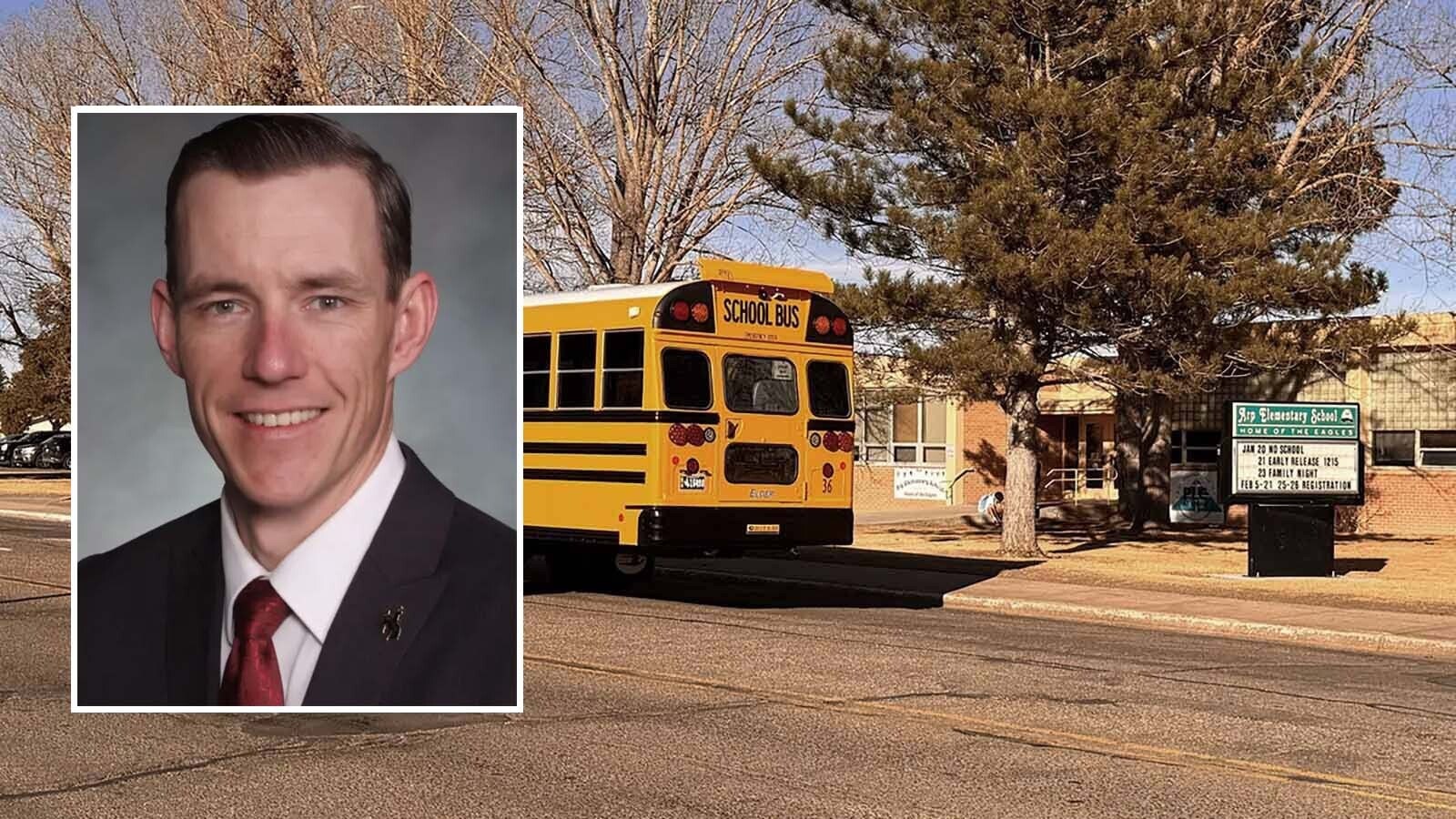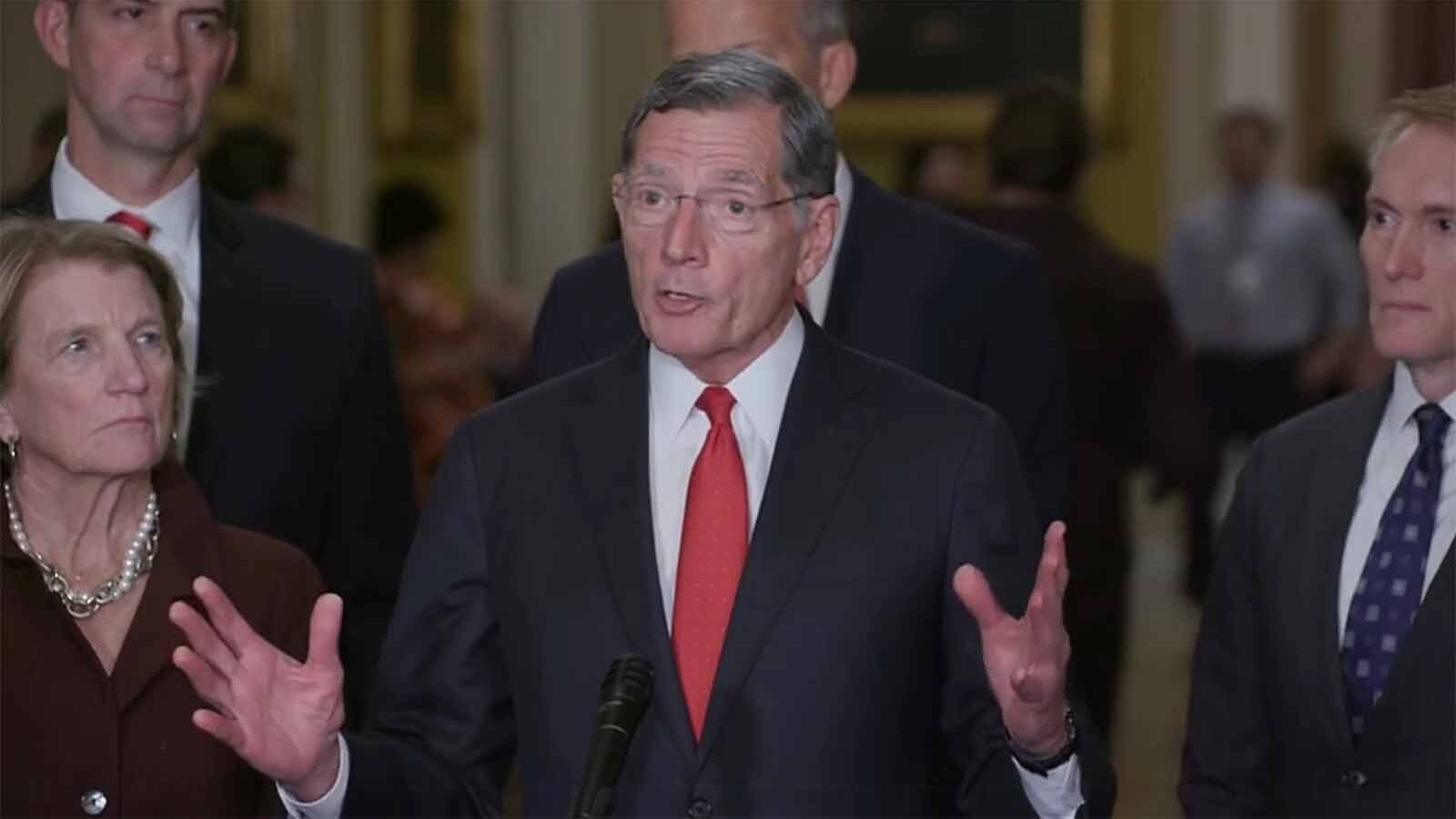Although the 2025 legislative session is more than six months off, the Joint Revenue Committee of the Wyoming Legislature is already exploring ways the state government could continue funding services and departments at current levels while also giving people more property tax breaks.
The most likely avenues for that would be broadening the state’s 4% sales tax, which could potentially happen by removing certain sales tax exemptions or putting new taxes on specified services that are currently non-taxable in the state, or both. Individual Wyoming counties also can assess their own local sales taxes up to 2%. Statewide, there is an an average combined state and local sales tax rate of 5.36%.
What Could It Look Like?
A study performed by the Legislative Service Office shows that by removing most exemptions and taxing new specified services, the state could raise $268 million in additional revenue per year. Still exempted under this cost estimate would be health, veterinary and funeral services.
There were bills brought during the 2019 and 2023 legislative sessions that would have broadened and lowered the sales tax rate in Wyoming to make it revenue neutral. These efforts had little success.
Some of the current sales tax exemptions in Wyoming include purchases on livestock and feed, farm implements, food for domestic home consumption, aircraft sales and maintenance, manufacturing machinery, data process service centers and broadband internet equipment.
The 2023 bill would have removed these exemptions, but the broadband exemption is expiring anyway on July 1. That will provide an estimated $900,000 revenue for the state each year.
Manufacturing machinery generates $160 million in total revenue a year while data centers come in at a whopping $841 million, based on 2023 figures.
Solely by removing most of the state’s exemptions, $127 million in additional revenue would be expected to be raised. By taxing currently untaxed services, a projected $141 million would be raised.
Wyoming’s sales tax is based more on goods rather than services. This does not reflect the fact that the Wyoming economy has shifted to a more services-based economy over time, Temte said, which has narrowed the state’s tax base.
A theoretical consumption tax would be applicable to all goods and services.
Dean Temte, senior fiscal analyst for the Legislative Service Office, presented his estimates based on a comparison to the sales tax of South Dakota, which is broader than Wyoming’s tax in that it assesses much more services.
He stressed that this is an imperfect comparison, as South Dakota has a substantially larger population than Wyoming and different sources of revenue as that state has much less mineral production.
What About Data Centers?
State Sen. Bob Ide, R-Casper questioned during the Revenue Committee’s meeting Wednesday why data centers receive a sales tax exemption, to which Temte had no answer.
A number of data centers have popped up around Cheyenne in recent years, including facilities run by Microsoft and Meta (Facebook) in Cheyenne. These facilities are somewhat controversial as they tend to draw a significant amount of energy to run.
David Bush, governmental affairs manager for Black Hills Energy, acknowledged these facilities benefit his company because of their high electricity bills.
“It’s great for us as a company, but what is great for us as a company is great for the community as well,” he said.
As of 2021, there were four data centers in Cheyenne that provided 209 primary jobs, generating $82 million per year for Wyoming’s economy with $1.5 billion in capital investments, according to a Cheyenne LEADS analysis. This included $18 million in sales tax spent on power bills and $40.6 million spent on property taxes since opening.
Bush said there are 32 other states that offer data center exemptions.
“It’s a really competitive market,” he said. “There’s a lot of people trying to get the data centers.”
What About Food?
Temte said the exemption on food originated from the 2006 biennial budget bill and was made permanent during the next year’s session. Sen. Troy McKeown, R-Gillette, questioned whether this simply shifted the burden from this lost revenue to another sector at that time, but Rep. Steve Harshman, R-Casper, who was in the Legislature at that time, said no new taxes were levied.
Casper resident Rozmaring Czaban firmly opposed the idea of taxing food, manufacturing and agricultural equipment. Doing so, she believes, would lead to more government subsidies for those industries anyway.
“Since Wyoming is mainly comprised of the mineral industry and agricultural, I think that’s going to be pretty detrimental on the state,” she said. “What you’re giving with one hand you’re taking with the other.”
She urged the committee to try and reduce spending without raising revenue in another sector.
Sen. Tim French, R-Powell, a farmer by occupation, said he has a couple of pieces of field equipment that cost $25,000 to $30,000 that he only uses about two days a year. He said his business already has a thin profit margin that becomes even slimmer and sometimes disappears entirely during poor weather years.
Rep. Tony Locke, R-Casper, took a similar perspective and questioned how the potential imposition of these taxes would affect Wyoming’s economy and its competitiveness with neighboring states. Temte said this would require an extensive additional analysis.
Tobacco Tax
During the 2023 legislative session, a bill was proposed that would have capped the tobacco tax on cigars at 30 cents per cigar, but that piece of the legislation was removed. What the bill did do as passed was require the tax of a cigar or related products happen at the point of sale instead of wholesale by the business owner.
Sen. Stephan Pappas, R-Cheyenne, said this has put local tobacco shops at a disadvantage when considering online retailers aren’t subject to the same tax. Bret Fanning, a Department of Revenue staffer, said not only have these retailers been pushing back on the tax, but also on licensing with the state of Wyoming, which is required under state law.
Pappas said the few premium cigar retailers in Wyoming are being pushed out by dozens of much larger outside companies. Premium cigars are already taxed at a higher rate in Wyoming because they have a higher level of nicotine. Pappas recommended lowering this tax to make it equal for all cigars.
“The Department of Revenue is trying everything we can statutorily to get these companies (to) send us tobacco tax,” Fanning told the committee. “So that the local tobacco retailers in your areas are not at a disadvantage from online retailers.”
‘Claw-Back’ Option
Rep. John Bear, R-Gillette, took an opposite approach to the discussions, requesting that the Legislative Service Office draft a bill providing a “claw-back” option on a 4% property tax cap passed by the Legislature this spring that would allow cities and counties the option to revert this cap back as far as 2019 taxing quotas.
Locke also wants to add in related residential structures such as detached garages to the 4% cap, which are not currently covered. Ide went further, putting in a request for a bill draft that lowers the cap to 3% or the lesser of annual consumer price index growth.
Rep. Ember Oakley, R-Riverton, said she wants the Legislature to pursue putting limits on levies rather than assessments.
Sen. Bo Biteman, R-Ranchester, requested the resurrection of Senate File 54, a popular property tax bill from the 2024 session that Gov. Mark Gordon vetoed. He also wants to explore tax assessment on industrial properties in Wyoming from 11.5% to the 9.5% rate shared by residential properties.
Leo Wolfson can be reached at leo@cowboystatedaily.com.





